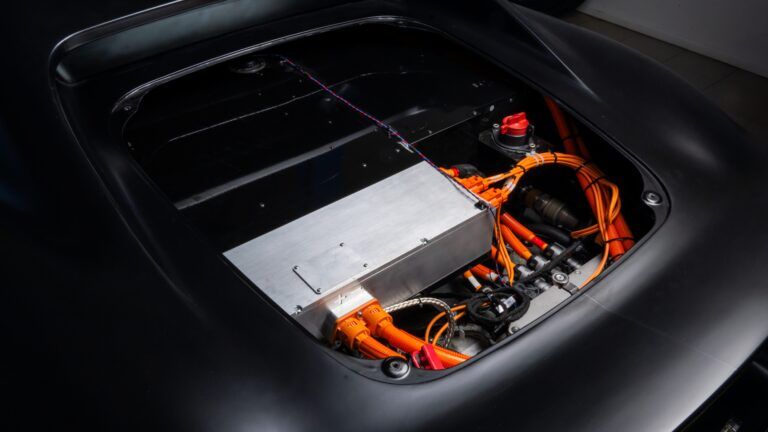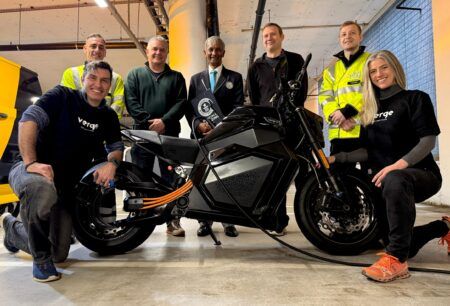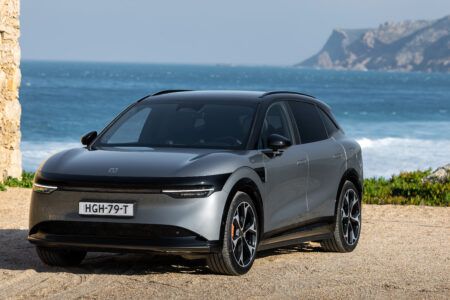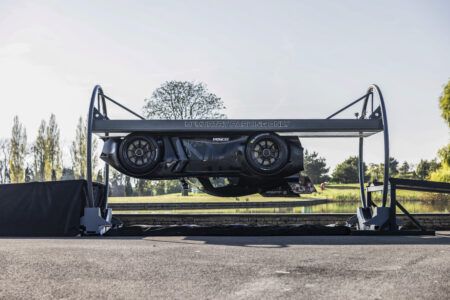Cambridge-based Nyobolt has raised $30 million in new funding, bringing its total investment to $100 million. The round was led by IQ Capital and Latitude, with participation from strategic partners including Scania Invest and Takasago Industry.
The company specializes in high-power ultrafast charging technologies, with applications across EV, heavy-duty transport, and power-intensive sectors like AI data centers. The funding will support technology development, market expansion, and team growth.
Nyobolt recently demonstrated its capabilities by charging its 35kWh EV demonstrator from 10% to 80% in just under five minutes. The company’s technology allows for smaller, lighter battery packs while maintaining performance, and has begun deploying its cell design and software controls for heavy-duty vehicle electrification.
Beyond automotive applications, Nyobolt is targeting sectors facing increasing power demands, particularly AI data centers where outages cost approximately $9,000 per minute in lost revenue. The company’s energy storage solutions deliver up to 20 times more power than conventional options while requiring fewer natural resources than traditional lithium batteries.
At the core of Nyobolt’s technology is a proprietary anode material that enables higher power density and supercharging capabilities without degradation. The company reported $9 million in revenue for 2024 and anticipates tripling this figure, with over $150 million in contract value already secured.
“Interest in robust, ultrafast charging solutions for vehicle applications is surging as electrification becomes more widespread,” said Sai Shivareddy, Nyobolt’s Co-Founder and CEO. “Our vertically integrated technology is already positively impacting vehicle operators and users, enabling them to experience stable, fast-charge solutions when they need them the most.”
Jessica Persson, Head of Venture Capital and M&A at Scania, added: “Their breakthrough anode technology enables ultra-fast charging and longer-lasting batteries – critical advancements for the electrification of heavy-duty transport, industrial applications, and AI-powered infrastructure.”





